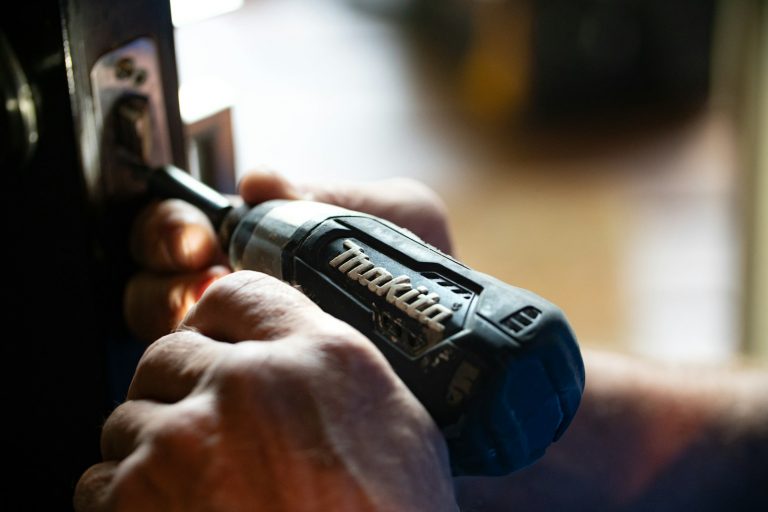You’ll probably only encounter the term “OSP” in a couple of specific circumstances. When someone brings it up, they’re likely only talking about one or two particular industries or situations. You should know this term if you’re working in one of those industries, though.
We’ll discuss OSP in detail in the following article.
What Does OSP Mean?
OSP means outside plant, at least if you’re talking about it in the telecom industry. If you hire an OSP construction contractor, that means you need a company that can do installations or repairs in this particular niche.
Many companies need OSPs. When they use the term, they mean it as a catchall. If you hear that abbreviation, the individual using it probably means the entirety of that company’s external physical telecom structure.
Why Does a Company Need One?
If you think about why a company might need an OSP, it becomes obvious quickly, especially if you think about what many modern companies require. Let’s say you have an office building, but it’s in a fairly remote locale. Some companies might have that kind of setup if they work with confidential information or they want privacy for some other reason.
In that scenario, it makes sense that the company running the building or that owns it would want an OSP. This setup would serve the company’s physical infrastructure.
No two OSPs will look exactly the same, since you can set them up to serve various functions. However, speaking in the broadest of terms, you might have an OSP for your company’s building that provides services like the internet, phones, or cable TV.
Any time you have a building like the one we’re describing that needs a dedicated internal network, you can set it up and use it through an external location. That’s an OSP.
Such a setup might feature poles, cables, and various other components, the specifics of which will vary. The owner or operator of the company will set up the OSP’s exact composition by first considering what particular services they need.
More OSP Details You Should Know
If you’re setting up physical office space for your company, and you want an OSP, then you’re probably envisioning equipment outside the building itself that can form the backbone of an active telecommunications network. If you have one, it can enable widespread connectivity. You may have one that serves an entire complex of buildings if your company runs a campus with multiple different departments.
Any kind of company that has an R and D division might require one. You may also find one useful if you sometimes invite guests or clients to your company’s campus to give them multimedia presentations.
How Far Can an OSP Reach?
If you have an OSP that’s powerful enough, it can reach beyond your company’s main building or collection of buildings. Imagine for a moment that you’re running a company, and it has a main cluster of buildings. However, you also have employee housing located nearby.
If you have an OSP in place that’s powerful enough, you can serve not just the company’s campus, but also the employee homes around it. Businesses do this sometimes if they have “company towns.” The term means employee housing that workers get as a perk if they work for a certain company and they want to get to the job site quickly and easily each day.
Other Useful OSP Features
You can probably think of many uses for an OSP, but until you see one in action, it’s difficult to imagine everything you can do with one, or how resilient you can make them in the modern era. You might pay extra money to set up an OSP in such a way that it can resist extreme weather events. If you’re in a challenging environment, then creating an OSP that can withstand rain, snow, high winds, and other rough weather might benefit your company.
Also, once you have a basic OSP framework, you can often build on it relatively easy, at least assuming you have the operating funds to make that happen. If you have enough money, and the company’s needs change, then you can ask contractors to install additional features. You can have a continually more updated and sophisticated OSP in place as time passes and your company grows.
Many companies use OSPs, and you can install one if you have the need for it and the funds to purchase everything that one requires.

0 Comments